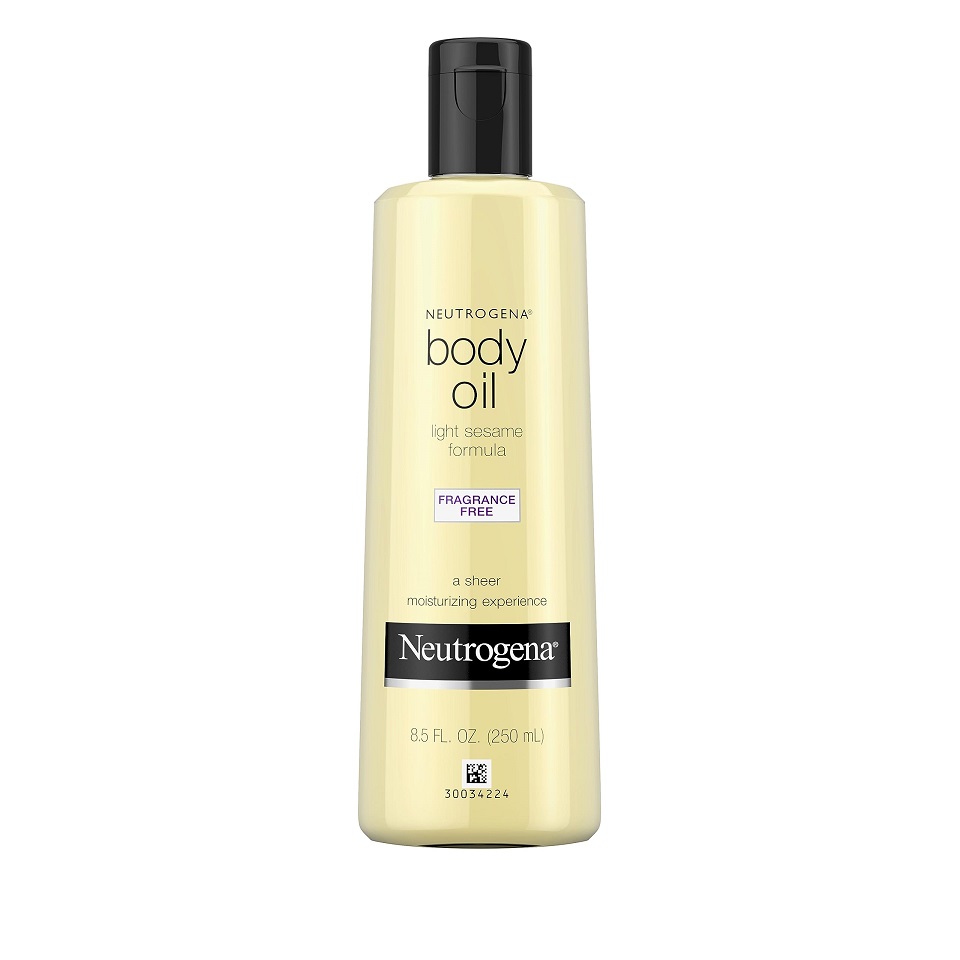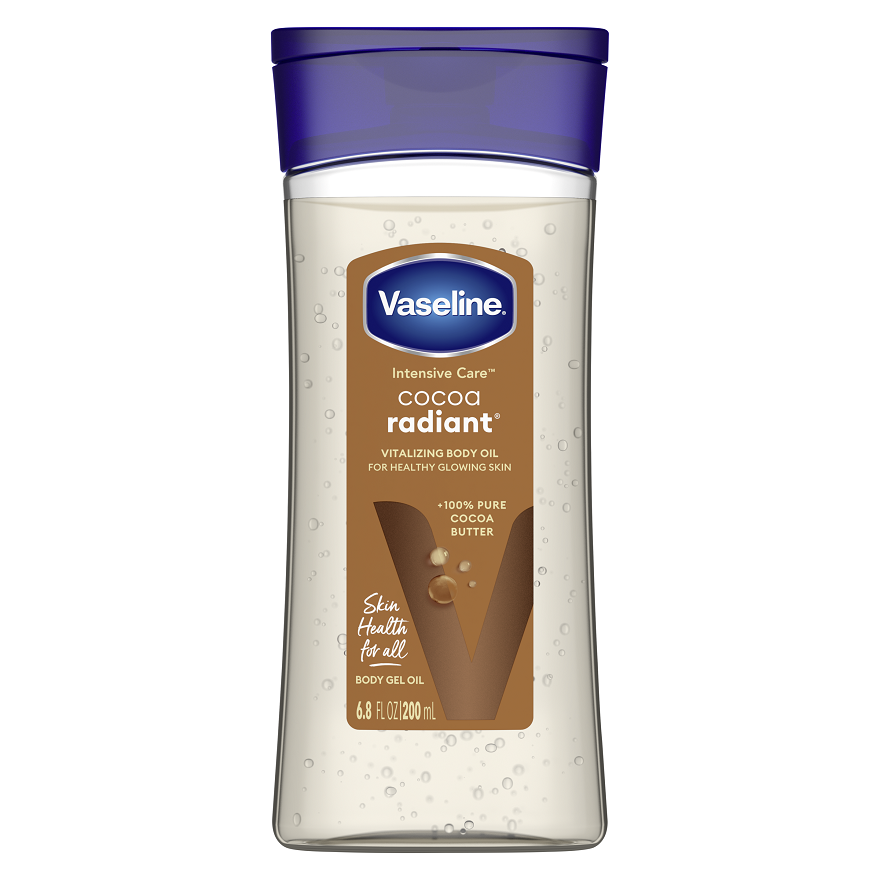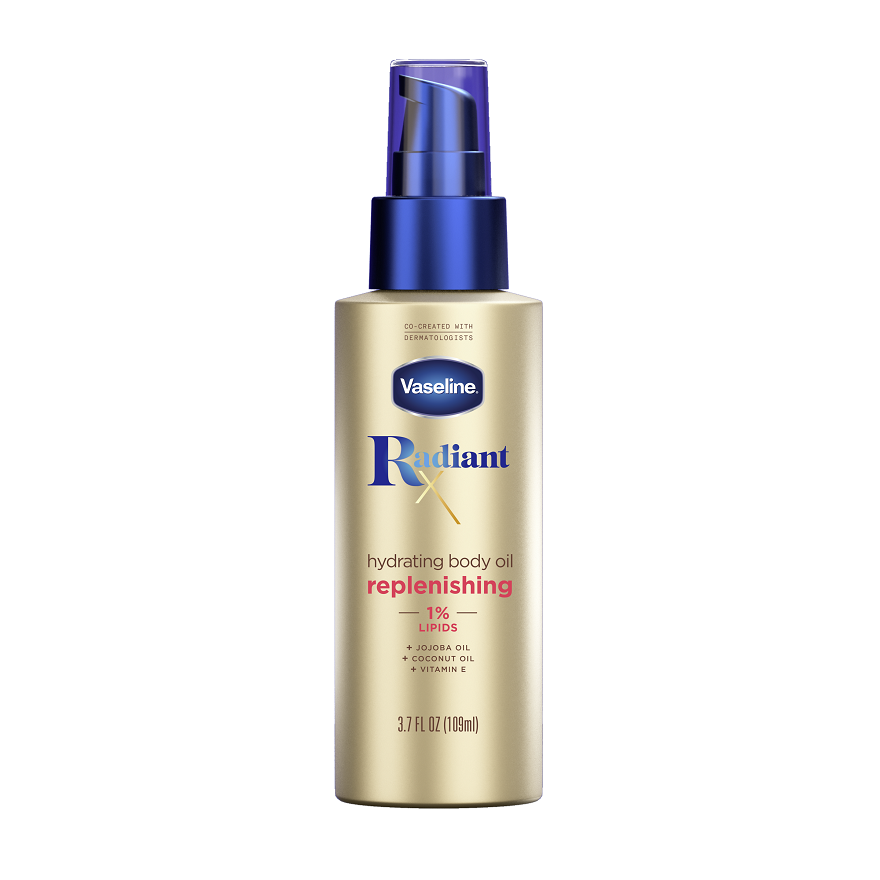Identifying the Source of Body Oil Stains on Sheets
Identifying the source of unsightly oil stains on your bedsheets is vital before treatment. These stains commonly come from the body’s natural oils, secreted during sleep to keep skin moist. For those with oily skin or heavy night sweaters, sheets may show signs of greasing faster. Additionally, using heavy lotions or hair products before bed can transfer extra oils to the linen. Learning to spot these sources can help tailor the cleaning approach for effective stain removal. Understanding that everyone’s skin produces oils differently, often due to genetics or hormonal changes, can influence the frequency and intensity of stains. Be aware that fabric type plays a role too. Natural fibers like cotton tend to breathe better, possibly reducing the buildup of body oils, while synthetic fabrics might trap oils more, leading to stains. Recognizing these factors can aid in finding the best cleaning methods and prevent future occurrences.
Pre-Treatment Steps for Oil Stains on Bed Linen
Before tackling the washing machine, pre-treating your oil-stained sheets is a must. Pre-treatment helps lift oil from the linen fibers, making the wash more effective. Here’s a simple approach you can take to pre-treat those greasy marks:
- Spot Clean with Dish Soap: Apply a small amount of dish soap directly onto the stain. Gently rub the soap into the fabric with your fingers. Dish soap is designed to break down grease, which makes it ideal for treating oil on sheets.
- Make a Cleaning Paste: Create a paste using baking soda and water. Baking soda is a mild abrasive that can help scrub away the stain. Apply the paste to the stain and let it sit for at least 30 minutes.
- Vinegar Soaking: Mix equal parts of white vinegar and water in a bowl. Soak the stained area of the sheet for an hour. Vinegar works well against oil because it cuts through the grease.
- Cold Water Soaking: After applying either dish soap or the baking soda paste, soak your bed linen in cold water. Cold water is often better for treating stains as hot water can set them in further.
- Washing Soda Booster: If oil stains are stubborn, add a bit of washing soda to your pre-treatment routine. It’s a natural substance that helps remove oil from fabrics. Be sure to dissolve it in water before applying to prevent damage to the sheets.
By applying these pre-treatment steps carefully, you’re setting yourself up for success when it comes time to wash the sheets. Remember, the goal is to lift as much oil as possible before the sheets hit the washing machine. With pre-treatment, you’ll find that washing out those tough stains will be a much smoother process.
DIY Cleaning Solutions for Removing Body Oils
When faced with body oil stains on your bedsheets, you don’t always need to turn to store-bought products. There are several effective DIY solutions that can help you get rid of these stubborn stains by utilizing common household items. Here are some easy-to-follow solutions:
- Baking Soda Paste: Combine baking soda with a bit of water to create a thick paste. Apply this directly to the stain and let it sit for 30 minutes. Baking soda’s natural abrasive quality helps lift the oil out from the fabric.
- Vinegar Treatment: White vinegar is a powerful cleaning agent. Soak the stained area with a solution of vinegar and water. After soaking for an hour, the acid in the vinegar will help break down the oils.
- Dawn Dish Soap: This soap is designed to cut through grease, making it ideal for oil stains. Apply a small amount to the stain, gently rub it in, and let it sit before rinsing.
- Lemon Juice: The citric acid in lemon juice acts as a natural bleaching agent. Mix equal parts lemon juice and water, apply to the stain, and allow it to sit in the sun for added bleaching power.
- Cornstarch: This can absorb oil from fabrics. Sprinkle cornstarch on the stain, leave it for a few hours, and then brush it away.
Remember to always do a spot test with DIY methods to ensure they won’t damage your sheets. Moreover, these solutions are not only effective but also eco-friendly and gentle on your fabrics. Once you’ve pre-treated the stains with these methods, proceed to wash the sheets as usual, and you’ll likely see a significant improvement.
Best Products for Tackling Greasy Bed Sheet Stains
When battling greasy stains on your bed sheets, selecting the right products is crucial. Here are some of the best options to consider for effective oil stain removal:
Dawn Dish Soap
For cutting through grease, nothing beats the classic Dawn dish soap. Apply a small amount directly onto the stain, work it into the fabric gently, and let it sit before washing.
White Vinegar
An all-purpose cleaner, white vinegar is excellent for greasy stains. Mix with water, soak the stained area, and the acid will break down the oils.
Baking Soda
This pantry staple is perfect for tackling oil. Make a paste with water, spread on the stain, let it sit, and then wash it off.
Washing Soda
Stronger than baking soda, washing soda can boost your cleaning power. Dissolve in water and apply to the stain to help lift the grease.
Laundry Detergent
Choose a detergent formulated for oil and grease. Look for options with enzymes that break down oils, and use as directed.
Oxyclean or Borax
Non-chlorine stain removers like Oxyclean or Borax can be effective. Soak sheets in a solution of these boosters and water overnight.
Enzyme Cleaners
These cleaners target the proteins in oils for deep cleaning. Apply according to instructions and allow time for them to work before washing.
By using these products, you ensure a better chance of eliminating those tough greasy marks from your bed sheets. Always follow up with a thorough washing cycle and consider repeating the process for older stains. Be sure to check the care labels on your bedding for any specific recommendations or warnings before applying cleaning products.
Step-by-Step Guide to Washing Oil-Stained Sheets
Once you’ve pre-treated your bed sheets, it’s time to give them a proper wash. Follow this simple step-by-step guide to help remove remaining body oil stains:
- Set Machine to Cold Water: Use cold water setting on your washing machine. Cold water helps lift oil without setting stains.
- Add Mild Detergent: Use a gentle laundry detergent. Harsh detergents can damage sheets. Pour the recommended amount.
- Include Baking Soda: Add half a cup of baking soda to your wash load. It helps break down oil residues.
- Skip the Fabric Softener: Avoid fabric softeners. They can lock in oil stains. Instead, they might make the problem worse.
- Run a Full Cycle: Let your washing machine run a complete wash cycle. Ensure all soap dissolves and circulates.
- Double Rinse: If your machine has this option, select ‘extra rinse’. It removes all traces of detergent and oil.
- Inspect Sheets Post-Wash: Check the sheets after washing. If stains remain, repeat the wash cycle with the same steps.
By following these steps, your oil-stained bed sheets should come out cleaner and fresher.
Drying Techniques to Prevent Oil Residue
After meticulously cleaning your oil-stained sheets, drying them correctly can prevent additional oil residue. Here is an efficient drying strategy for your clean bedsheets:
- Air Drying: The natural method of air drying bedsheets is effective in maintaining their condition. Hang them outside to let the sun work its magic—it naturally bleaches and sanitizes fabrics, including those pesky oil residues. Ensure they’re fully dry before folding.
- Tumble Dry Low: If outdoor drying isn’t an option, use your dryer on a low-heat setting. High temperatures can set any remaining oil into the fibers, so it’s best to avoid them. Don’t mix your sheets with other laundry to ensure they have plenty of room to tumble.
- Use Dryer Balls: Wool or rubber dryer balls can help separate the fabrics, allowing air to circulate better. This helps minimize the chances of any leftover oil clinging to the sheets. Plus, it’s a more eco-friendly approach compared to dryer sheets.
- Avoid Over-Drying: Monitor your sheets closely during the drying process. Remove them from the dryer while they’re still slightly damp to air out. Over-drying can make them susceptible to trapping oils again.
- No Fabric Softener: Skip fabric softeners during both washing and drying. They can leave a coating on sheets, which might lock in oils. Instead, opt for a half-cup of white vinegar during the rinse cycle for a natural softening effect.
By implementing this drying method, you can enhance the effects of the previous washing steps. It helps ensure your bedsheets stay fresh and free of oil stains for a longer period.
When to Consider Replacing Your Bedsheets
Recognizing when to replace your bed linen is as crucial as knowing how to clean them. Here’s when you might need new sheets:
- Persistent Stains: If, after several washes, stains and odors linger, it might be time for a new set.
- Wear and Tear: Look for signs like thinning fabric, holes, or tears. These indicate it’s time to upgrade.
- Faded Colors: When the vibrant hues of your sheets have dulled, consider a refresh to brighten up your bedroom.
- Rough Texture: If they no longer feel soft or if you start noticing pilling, new sheets can restore comfort.
- Allergies: Old sheets can harbor allergens. Fresh sheets reduce this risk and may improve sleep quality.
- Change in Preferences: Maybe you want a fabric upgrade or a new style. New sheets can satisfy this desire.
If you decide to replace your sheets, remember to choose materials that resist staining better, such as high-quality cotton or certain blends. Investing in good sheets means fewer replacements and better sleep over time.
When shopping, consider sheets that have been pre-treated to repel oils or those designed to resist stains. Technology in textiles has advanced, giving consumers options like antimicrobial or moisture-wicking fabrics that could prolong the life of your linens.
In summary, replacing your bedsheets is sometimes necessary to maintain hygiene and comfort. Paying attention to the condition of your sheets can save you time and effort in the long run. Regular assessment and timely replacement ensure a clean, inviting, and restful sleep environment.
Tips for Preventing Future Oil Stains on Sheets
To keep your sheets stain-free in the future, follow these handy tips:
- Wash Regularly: Clean sheets weekly to prevent oil buildup. Frequent washing stops stains from setting.
- Shower at Night: Remove body oils before bed. A nighttime shower can greatly reduce oil transfer to sheets.
- Use Absorbent Powders: Apply talcum or baby powder lightly on your body. It absorbs excess oils during sleep.
- Stay Cool: Keep your bedroom cool. Lower temperatures mean less sweating and less oil on your sheets.
- Opt for Cotton: Choose breathable cotton sheets. They absorb oil better and wash cleaner than synthetics.
- Avoid Heavy Creams: Don’t apply thick lotions right before bed. They can increase oil stains on your linen.
- Hydrate Well: Drink plenty of water. Hydration can regulate oil production and decrease sweating.
- Healthy Diet: Eat foods low in oil and grease. A healthy diet can reduce the amount of oil your skin produces.
- Choose the Right Detergent: Use detergents formulated for oils. Products with enzymes are especially good for oil stains.
- Protective Layers: Consider using a mattress protector or top sheet. They can take the brunt of the oil, sparing your fitted sheets.
By implementing these tips, you’re more likely to enjoy fresh, oil-free sheets for longer. Regular care and preventative measures are the best ways to maintain the quality and comfort of your bed linen.



